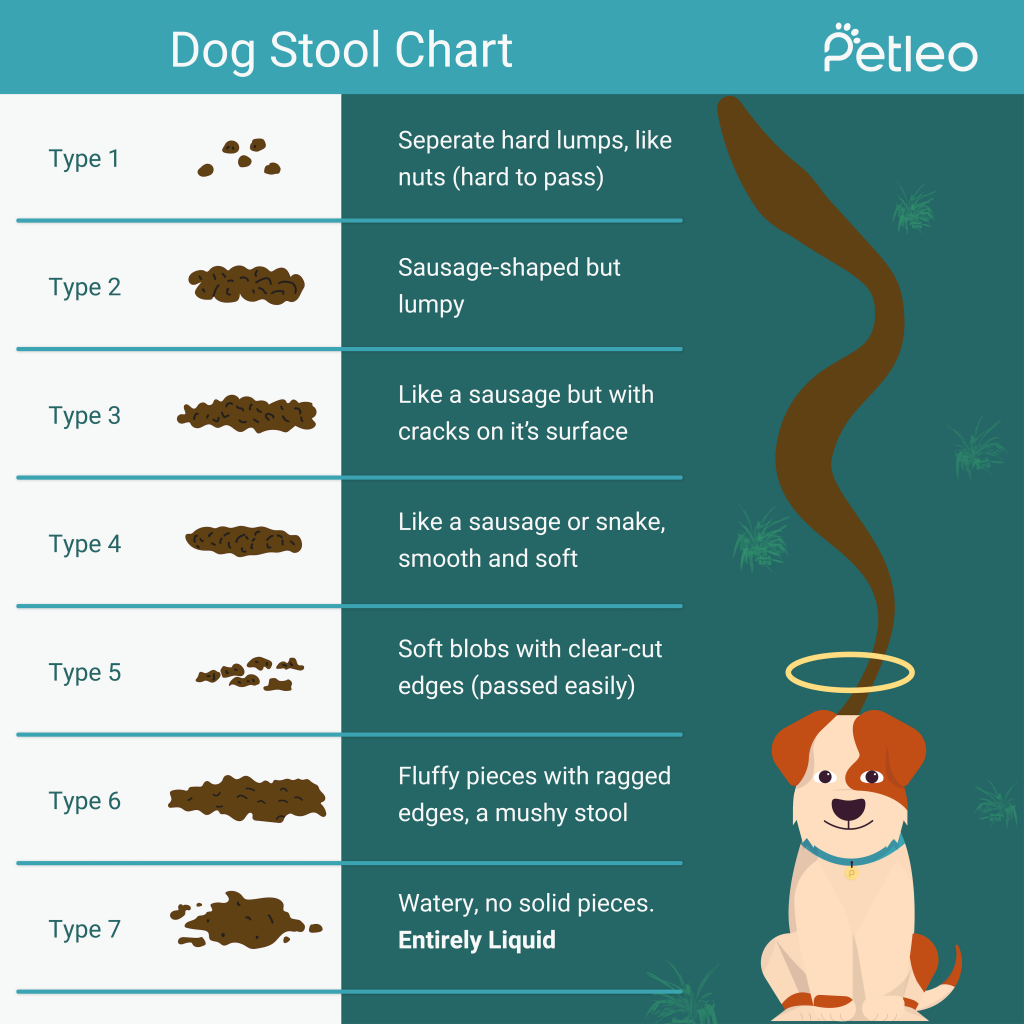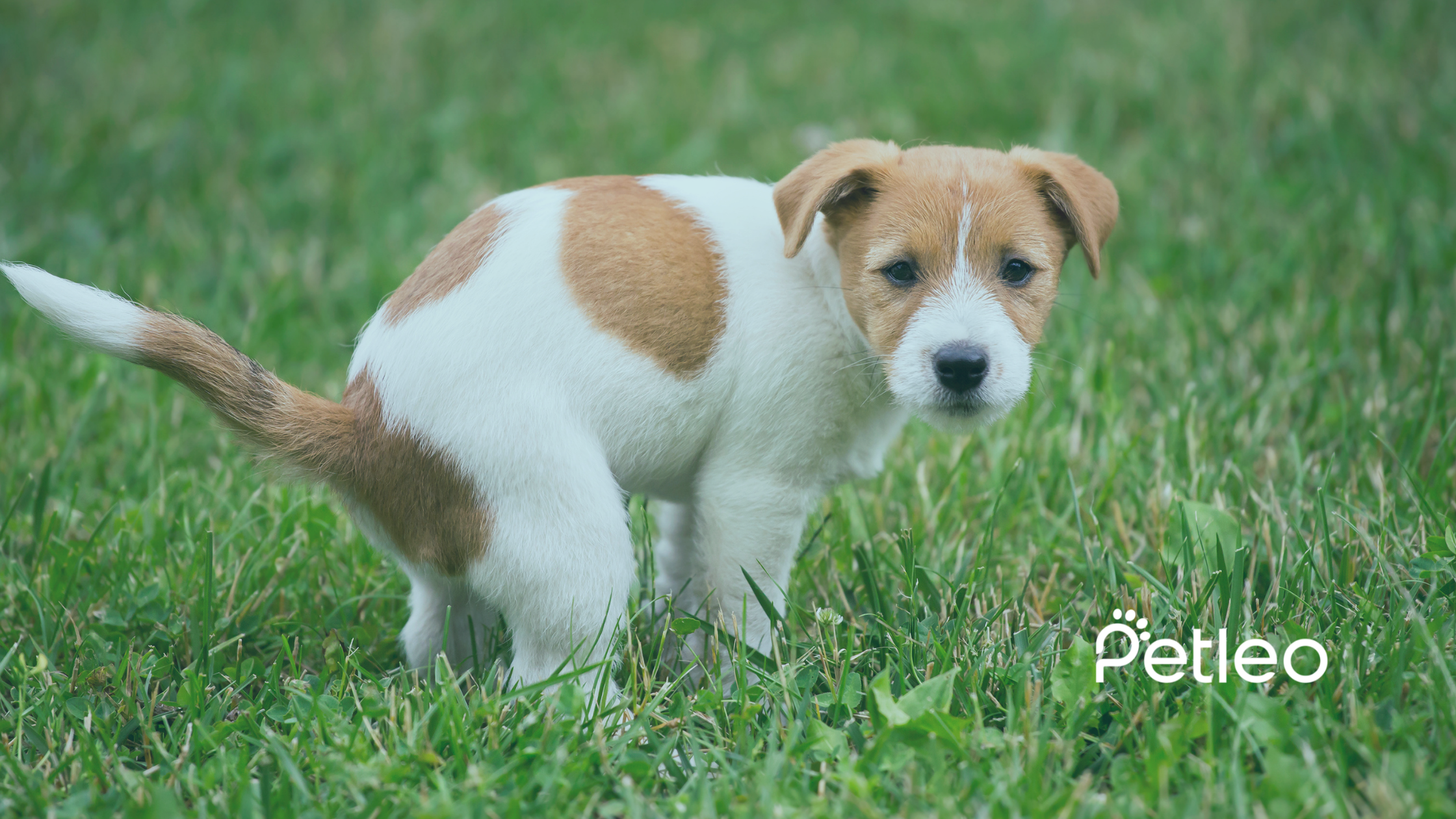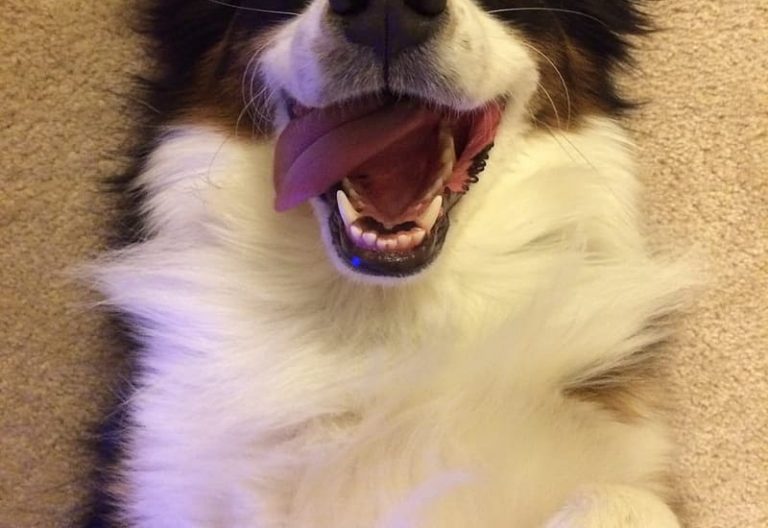Sudden diarrhea is commonly self-limiting and it doesn’t affect your dog in general and commonly stops in two days.
Symptom
Your pet may showing other severe signs such as:
- Vomiting,
- Abdominal pain,
- Blood in the stool,
- Severe dehydration,
- Circulatory problems,
- Bloody vomiting,
- Weakness
If your pet is showing any severe signs, then you should take your pet to your veterinarian as soon as possible.
What is a normal cat or dog poo?
It is possible to learn a lot from your dog’s poop. In general, a healthy dog’s poop should be a medium brown color and not be too hard or too soft, but its consistency will be affected by their diet, age, and other factors.
A Stool Chart is also available for pets, which labels each poop from 1-7 based on the firmness.

Healthy dog poop is rated a 2. Higher scores indicate varying levels of diarrhea, whereas a 1 indicates constipation.
There are many types of diarrhea, ranging from moist blobs to shapeless masses. With this Fecal Scoring Chart, you can compare your dog’s poop consistency to give your vet more information.
Main causes of diarrhea
Diarrhea results from a gastrointestinal problem that may have been caused by a number of factors.
- Systemic diseases may lead to diarrhea
- Changes in their usual diet (changing the brand, amount)
- Food intolerance
- Metabolic diseases (liver disease, kidney disease)
- Eating non-food substances (this includes foreign body ingestion and obstruction)
- Parasitic causes (Giardia, hookworms, tapeworms etc)
- Viral causes (parvovirus, rotavirus, distemper etc.)
- Drugs and toxic substances (toxic plants)
- Anxiety and stress
Don’t forget, diarrhea is not a disease but a symptom of a disease.
What to do if my dog has diarrhea?
The first thing to do if your dog has diarrhea is to observe the color of the stool. If you notice blood, mucus or even worms, see your veterinarian immediately. It is best to try to collect a sample and take it to a specialist.
Pets should have limited activity until the diarrhea has stopped.
If there is no blood in the stool, if your pet is not showing any other signs such as vomiting, and you suspect that it may be an intolerance, allergy or a change of food, the next step will be changing the food type. It is recommended to feed your pet low-fat, highly digestible food throughout the day, divided into 4-6 small portions. Such as boiled rice and chicken (4:1 ratio), cottage cheese with rice, or prescribed low-fat diet.
Don’t fast your dog if it is a puppy.
It is essential to observe the animal during these hours and ensure that it remains properly hydrated, because if it shows rejection to water, apathy or vomiting, you should go to the veterinarian.
“Fecal test is very important if your pet has a diarrhea for that reason a stool test should be performed at your veterinarian’s clinic “
Stool testing can be done in laboratories contracted by your veterinarian, or it can be done in your vet’s own practice. These tests look for parasites, bacteria and protozoa in the stool. A hazelnut-sized stool that you collected from your dog from 3 different times is needed for stool test.
In other words, if your dog is defecating once a day, you need to collect this stool for 3 days and then store it. You can store the collected feces in a disposable – and airtight container with a lid in the refrigerator for up to 4 days.
So why is there a need for stool collected at 3 different times?
Unfortunately, the reason for this is that parasites are not excreted with every stool. Finding parasites (if any) is higher with if stool sample taken from 3 different times.
Treatment of sudden diarrhea of dogs and cats
Most sudden diarrhea resolves within a few days, however if it persists, additional diagnostic tests and treatment may be necessary.
If your dog has a severe sudden diarrhea and/or vomiting, it is likely that your veterinarian will decide to hospitalize him to replace the lost liquids and minerals and thus combat dehydration. To do this, your veterinarian will choose to administer intravenous fluids. Since diarrhea in dogs is not a disease, it is a symptom, your veterinarian will look and treat the underlying disease that causes diarrhea.
Prevention of sudden diarrhea of dogs and cats
- Regular vaccination and deworming is important for pets
- Feed your dog with a high-quality diet
- Limit exposure to garbage, foreign body
- Add your vaccination and deworming reminder regularly into PetLEO App.
If you want to be prepared for unexpected illnesses that effects your four-legged friend, get a private health insurance now. So you don’t have to worry about high fees for unexpected vet visits.


Leave a Reply